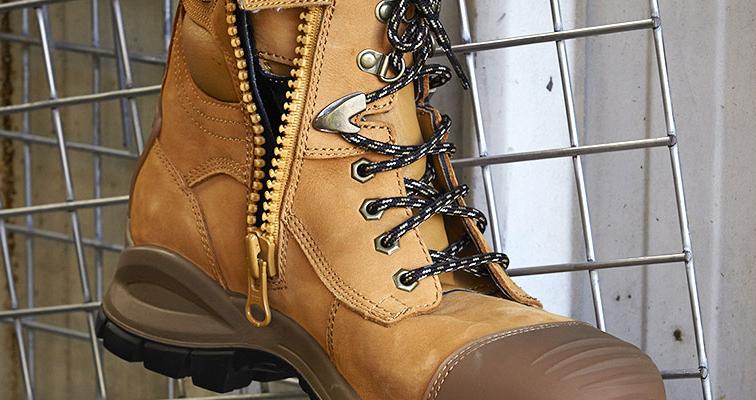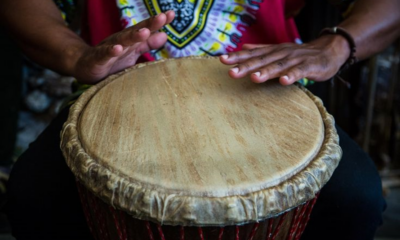Lifestyle
How to Choose the Ideal Soft Toe Work Boots for Farmers
Being a farmer is a physically demanding job. You are used to working long shifts, constantly moving around and rarely taking a break. And on top of that, your working conditions are not exactly mild either. Dirt, mud, manure, rain and wind are all a regular part of a farmer’s work day. For that reason, it’s essential that you choose quality work boots to protect your feet. With that being said, here are the most important factors to consider.

Protection
Farm work goes on regardless of the weather conditions. So, if you’re a farmer you’re expected to finish your chores even during heavy rain or snow. In these and similar harsh conditions, regular boots won’t stand a chance. Instead, look for a pair of soft toe work boots made of waterproof materials such as leather or rubber. What’s more, if you’re working around animals and have to navigate through manure, it’s important to choose boots that offer anti-bacterial protection. A sole made of thermoplastic polyurethane is highly resistant to microbes as well as oil, acid, and organic fat. Additionally, make sure that the inside is properly insulated as well with a layer of fleece or fur to keep your feet comfortably warm and prevent hypothermia.
Durability
When it comes to durability, full-grain leather is known to offer the best resistance against wear and harsh conditions. However, it’s often difficult to break in and mould to the shape of your feet. On the other hand, rubber is also durable and much easier to keep clean than leather. If you’re often working in mud, rubber is definitely the way to go. The way the boots are constructed plays a huge role in their durability. Usually, the strongest boot construction is the stitch down where the outsole is stitched to the upper with a sturdy material. This also allows you to change the sole if necessary. The construction where the outsole is glued to the upper, is usually less expensive, however, it doesn’t result in durable boots such as the stitch down method.
Comfort
Last but not least, you shouldn’t overlook comfort either. Since you’ll be spending the majority of your day in your boots, a comfortable pair can lessen the impact on your feet, ankles and legs. What’s more, the fact that you’re constantly moving around makes you especially prone to developing blisters. With that being said, choosing a pair with great cushioning is essential. Check for insoles made of foam which is flexible, supportive and can disperse the pressure evenly on your foot. In addition, another factor determining comfort is weight. Heavy footwear can make it difficult to move around all day, so be careful not to choose boots with steel toes that will weigh you down. Although steel toes offer more protection for heavy-duty jobs, for general work around the farm it’s recommended to wear soft toe work boots.











